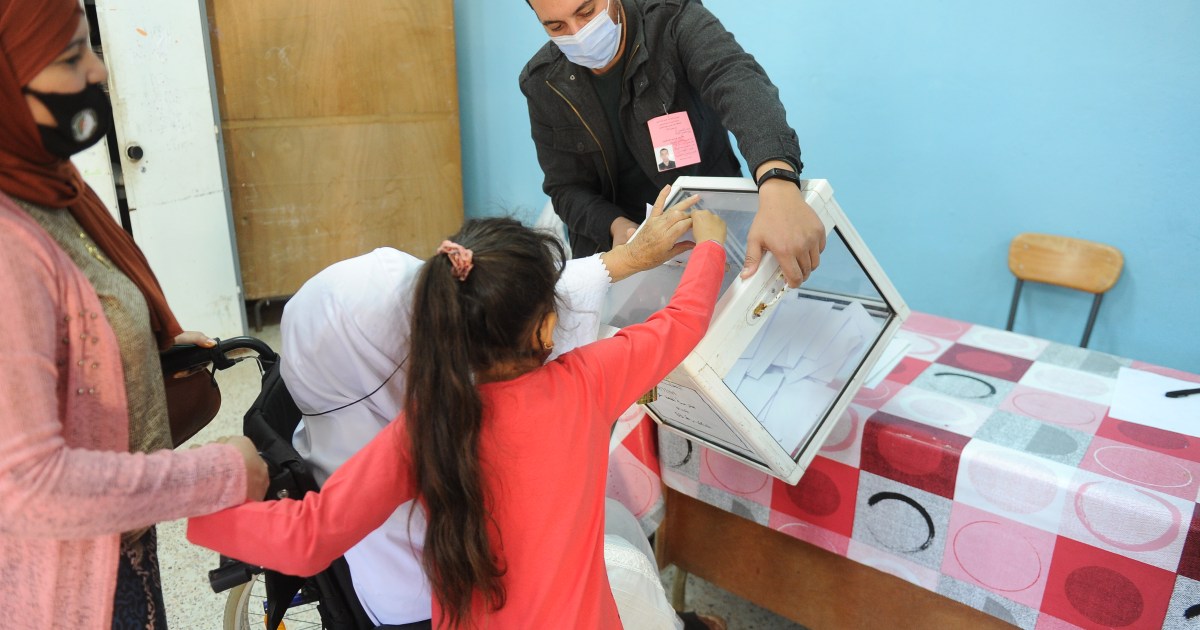The elections authority in Algeria announced that the participation rate in the referendum on amending the constitution reached 13.03% per second in the afternoon, Algerian time, amid a split in the opposition between those calling for a boycott of the elections and those calling for the "no" vote.
Among the most prominent articles in the proposed draft constitution are defining the presidential and parliamentary mandates, and including them among the articles that are not subject to amendment, in addition to an article that gives the president of the republic the authority to send army forces outside the country for the first time in the history of independent Algeria.
The Algerian presidency considers the constitutional amendment as the first fruit of the comprehensive political reform program it adopts, and that the completed amendments establish a "new Algeria".
Many supporters of the popular movement in Algeria reject the proposed constitution, viewing it as a comedy aimed at diverting attention from the old ruling elite's continued control of power.
According to the proposed new constitution, the president of the republic will be obligated to appoint a prime minister from the majority that wins the general elections, but this obligation lapses in the event that the elections produce a parliamentary majority loyal to the president.
The constitution also provides for the first time to establish a Constitutional Court instead of the Constitutional Council, granting it the right to monitor decisions taken in exceptional cases, as well as abolishing the legislative right of the President of the Republic during parliamentary holidays.
The presidential mandate was defined in only two terms, and it was placed within the framework of non-amending articles. The "popular movement" was also included in the preamble to the constitution, along with important events in the history of Algeria.
Amazigh was included in the non-amending constitutional articles.
In the section on freedoms, the proposed constitution forbids stopping media activity and dissolving parties and associations except by judicial decision, in addition to removing the Minister of Justice from membership of the Supreme Judicial Council.

